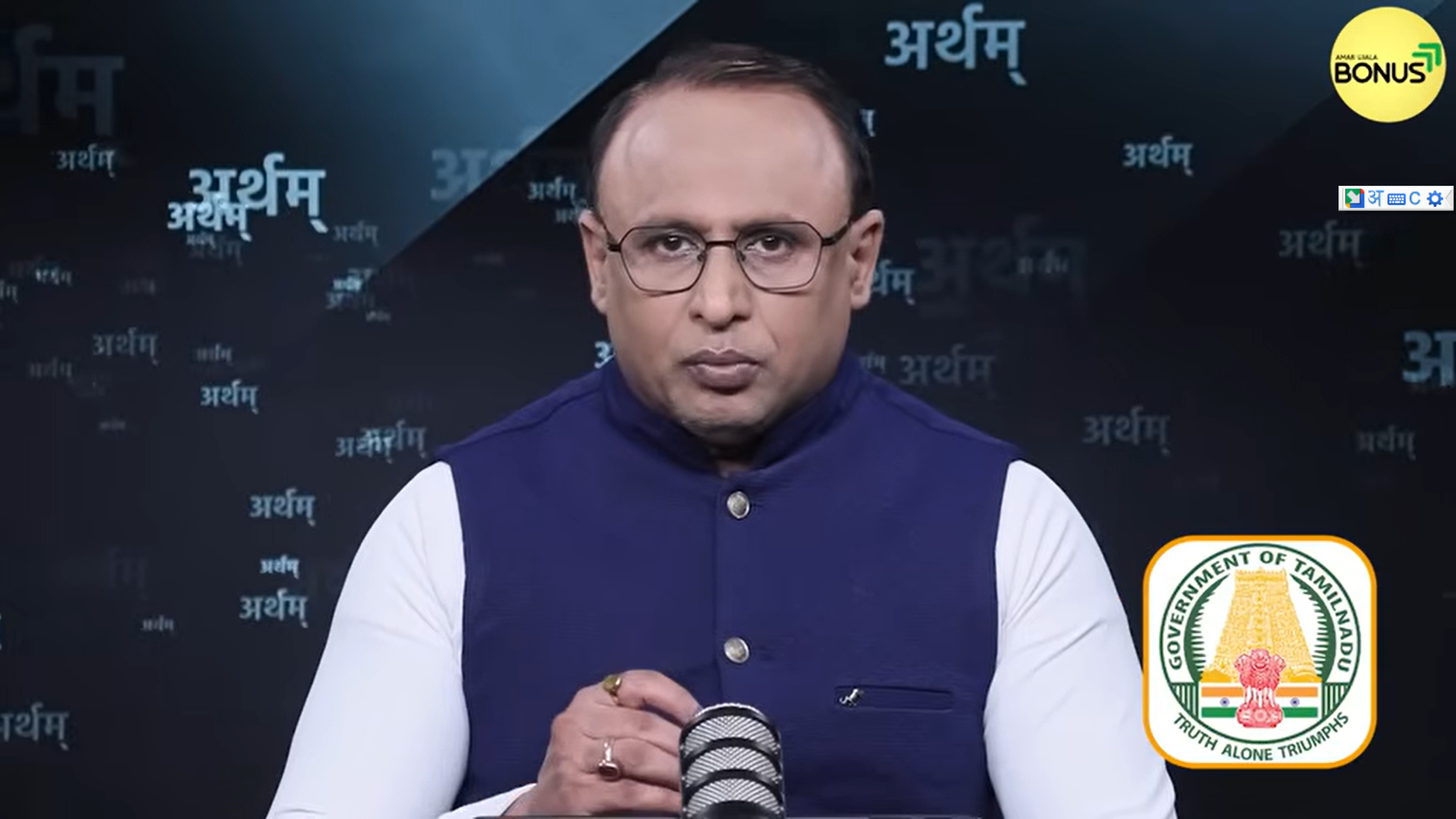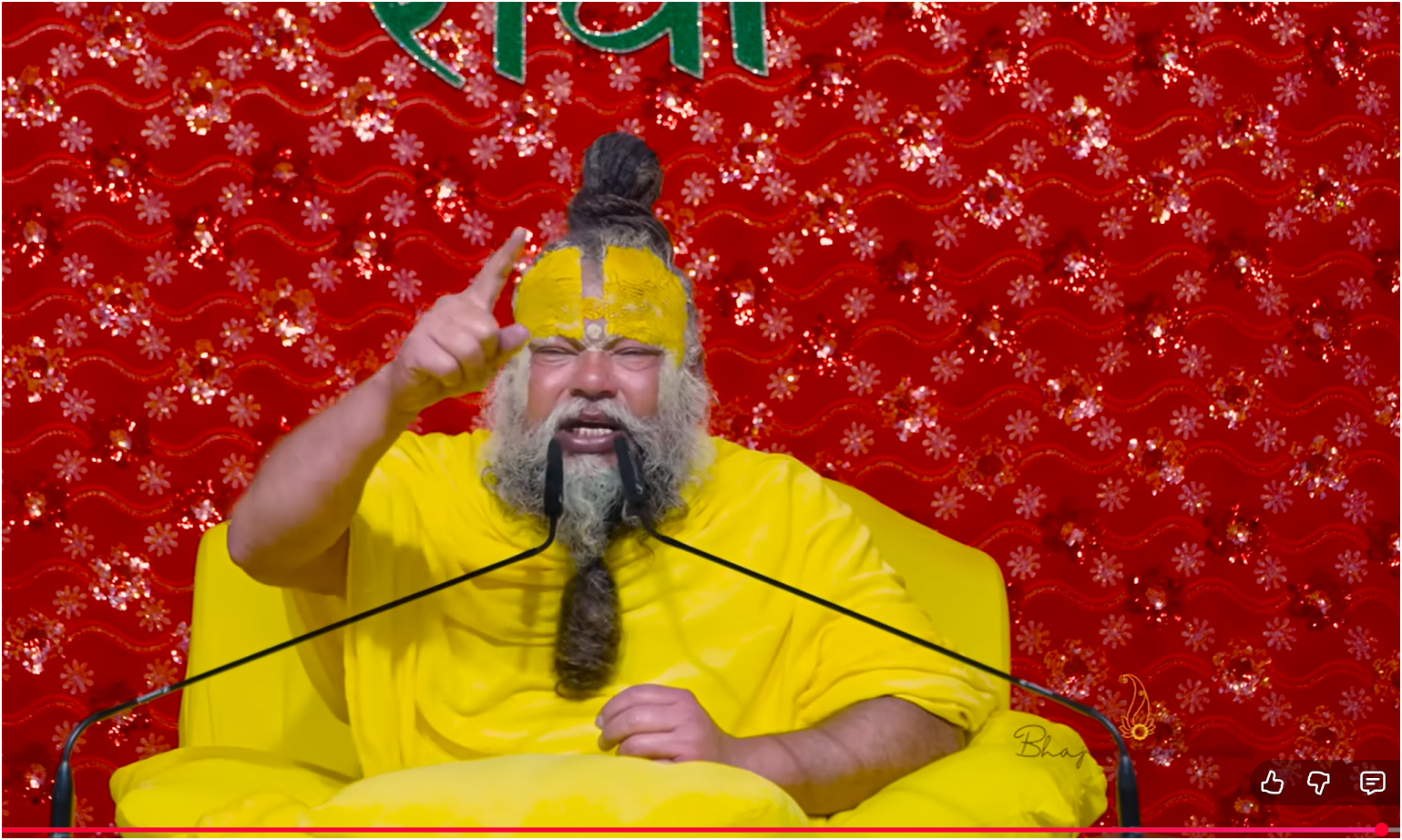
#CentralGovernment #LeaveRules #ElderCare #ParentCare #GovernmentJobs #EmployeeBenefits #WorkLifeBalance #India #HumanResources #CCSLeaveRules
हिंदी लेख: सेंट्रल गवर्नमेंट कर्मचारियों को बुजुर्ग माता-पिता की देखभाल के लिए लीव – नियम, प्रक्रिया व सलाह
परिचयभारत एक पारंपरिक समाज है जहाँ माता-पिता और बुज़ुर्गों की सेवा को विशेष महत्व दिया जाता है। आधुनिक जीवनशैली, व्यस्त कार्य संस्कृति और शहरीकरण के चलते बुजुर्ग माता-पिता की देखभाल के लिए समय निकालना कठिन हो गया है। विशेषकर जब परिवार में बच्चे नहीं हों या सभी सदस्य कार्यरत हों, तो सरकारी कर्मचारियों के लिए छुट्टी की भूमिका अत्यंत महत्वपूर्ण हो जाती है।सेंट्रल गवर्नमेंट लीव रूल्स का आम परिचयभारत सरकार ने अपने कर्मचारियों के लिए ‘Central Civil Services (Leave) Rules, 1972’ बनाए हैं। 2025 में इन नियमों को लेकर सरकार ने स्पष्ट किया है कि कर्मचारियों को कई प्रकार की छुट्टियाँ मिलती हैं जिन्हें किसी भी व्यक्तिगत कारण, जैसे बुजुर्ग माता-पिता की देखभाल, के लिए लिया जा सकता है।
मुख्य अवकाश विकल्प
अर्जित अवकाश (Earned Leave)हर वर्ष 30 दिन की अर्जित छुट्टी कर्मचारियों को मिलती है। इसका उपयोग वे बुजुर्ग माता-पिता की देखभाल, स्वास्थ्य कारण, या अन्य व्यक्तिगत कार्यों के लिए कर सकते हैं।आधे वेतन वाली छुट्टी (Half Pay Leave)साल में 20 दिन की आधे वेतन के साथ छुट्टी मिलती है, जिसका उपयोग भी पारिवारिक ज़िम्मेदारियों के लिए होता है।आकस्मिक अवकाश (Casual Leave)कर्मचारियों को 8 दिन आकस्मिक छुट्टी भी मिलती है, जो आपातकालीन या तात्कालिक स्थिति के लिए होती है।प्रतिबंधित अवकाश (Restricted Holidays)2 दिन की छुट्टी विशेष पर्व आदि के लिए मिलती है।क्या है ताज़ा बदलाव2025 में संसद में सरकार ने स्पष्ट किया है कि अलग से बुजुर्ग देखभाल के लिए कोई नई कैटेगरी की छुट्टी नहीं है, बल्कि कर्मी अपनी अर्जित, आधे वेतन, आकस्मिक व प्रतिबंधित छुट्टियों का उपयोग बुजुर्ग माता-पिता की सेवा के लिए कर सकते हैं। इससे कर्मचारियों में स्पष्टता आई है कि उनके पास लीव की पर्याप्त सुविधा है।
छुट्टी आवेदन की प्रक्रिया
-
कर्मचारी को प्रस्तावित अवकाश के लिए निर्धारित फॉर्म में आवेदन अपने विभागाध्यक्ष को देना होता है।
-
अर्जित अवकाश के लिए अग्रिम अनुमति आवश्यक है, जबकि आकस्मिक छुट्टी तात्कालिक परिस्थितियों में स्वीकृत हो सकती है।
-
मानव संसाधन विभाग Leave Account को अपडेट करता है।
अवकाश स्वीकृति नियम
-
छुट्टी का अधिकार सीमित है, इसे अधिकार के तौर पर नहीं मााना जाता है। विभागीय ज़रूरत या जनहित में छुट्टी रोकी जा सकती है।
-
साल में अर्जित व आधे वेतन वाली छुट्टियों के अलावा अन्य छुट्टियाँ – जैसे Maternal, Paternity या Extraordinary, विशेष परिस्थिति में मिल सकती हैं।
मूल अधिकार और सरकारी आश्वासनसंसद में बार-बार यह कहा गया है कि नीतियाँ मानवीय दृष्टिकोण से बनाई जाएँगी। परिवार-केंद्रित नीति से कर्मचारियों को कार्य-जीवन संतुलन मिलता है।
प्रमुख चुनौतियाँ
-
विभागीय कार्य की अनिवार्यता के कारण अक्सर छुट्टियाँ कम स्वीकृत होती हैं।
-
वरिष्ठ अधिकारी की स्वीकृति आवश्यक होती है, जिससे कभी-कभी जटिलता आती है।
सलाह और सुझाव
-
कर्मचारी आरंभ में ही लीव प्लान करें और अग्रिम आवेदन दें।
-
मेडिकल सर्टिफिकेट जैसी आवश्यक दस्तावेज साथ रखें।
-
आवश्यकता पड़ने पर HR से मार्गदर्शन लें।
-
नियमित रूप से Leave Account की जानकारी रखें।
सीख और निष्कर्ष
सरकार द्वारा दी गई बुजुर्ग माता-पिता की सेवा के लिए छुट्टियों की सहूलियत एक बड़ा सामाजिक कदम है। समय रहते आवेदन, सही दस्तावेज, और जानकारी का जागरुक प्रयोग कर्मचारी और बुजुर्ग दोनों के लिए लाभकारी है।कुल मिलाकर, मौजूदा लीव रूल्स पारिवारिक ज़िम्मेदारियों के निर्वहन में सशक्त हथियार हैं।
English Article: Central Government Leave Rules for Elderly Parent Care – Eligibility, Process & Practical Advice
IntroductionIndia has always valued filial piety, with children expected to care for parents in their elder years. As the workforce becomes increasingly urban and nuclear-family based, balancing work and elderly care has become a challenge for central government employees. The government’s leave policy, defined under the Central Civil Services (Leave) Rules, 1972 (updated for 2025), has responded to this social need by explicitly accommodating eldercare within the general leave provisions for employees.Overview of Government Leave StructureCentral government employees are governed by a structured leave system, granting them a variety of leave types to manage personal, family, and medical needs. According to the July 2025 clarification in Parliament, the following types of leave are available and can be used for caring for elderly parents:Earned Leave (EL):Employees receive 30 days of paid earned leave annually. This can be availed for any personal reason – including the care of elderly parents. Earned leave is credited in advance in two installments (January and July), and employees can club it with other leave types in certain circumstances.Half Pay Leave (HPL):20 days of half-pay leave is granted per year. While the pay is only 50%, it is an important buffer for emergencies and family responsibilities, like serious health issues of parents.Casual Leave (CL):8 days of short-term (emergency/personal) casual leave is admissible. Its approval and use tend to be more flexible, supporting unexpected needs.Restricted Holidays (RH):2 days per year are available for religious or special occasions, which can also be used for family requirements.Clarification as of 2025 – No ‘Separate’ Elder Care LeaveRecent clarifications highlight there is currently no exclusive registry or special type of “elder care leave.” However, all existing leave categories may be clubbed and utilized for elder care. The government’s parliamentary statement explicitly confirms that the intention behind these combined leave types is to support central government employees in their familial and social responsibilities, including eldercare.
Leave Application Process
-
Application: The employee must apply for leave through the prescribed channels, usually in writing or via the HR portal, specifying the type, dates, and reason.
-
Sanction: Earned leave usually requires prior approval, unless in emergencies. For casual or restricted holidays, the process may be more lenient.
-
Documentation: For extended leave (especially half pay leave), departments may ask for supporting medical or family documents to justify the request.
-
Record Keeping: Every employee’s leave usage is tallied in a Leave Account, ensuring transparency and proper quota management.
Leave Grant Rules and Conditions
-
Leave cannot be claimed as a matter of right; it may be refused, curtailed, or revoked if organizational needs dictate.
-
Accumulation limits apply (e.g., earned leave may accumulate up to 300 days), and longer leave blocks may need special sanction.
-
Special leaves (e.g., maternity, paternity, study leave) operate outside the main quota and are meant for specific events, not family care in general.
Practical Scenarios and Advice
-
Advance Planning: Employees are advised to plan elder care responsibilities ahead and apply for leave well in time, except for unforeseen emergencies.
-
Supporting Documents: Be ready to provide medical certificates or detailed explanations if prompted, especially for long or repeated leave.
-
HR Communication: Liaise regularly with HR or departmental administration for updated leave balances and specific procedural requirements.
-
Accountability: Misuse or frequent absenteeism could lead to refusal or disciplinary action; honesty and transparency in reasons are key.
Legal Foundation and Employee RightsThe Central Civil Services (Leave) Rules, 1972, form the backbone of the leave regime. The 2025 parliamentary updates reinforce the government’s commitment to a work-life balance for its employees and acknowledge demographic shifts toward larger elderly populations needing active care from their working children.Challenges FacedDespite the provisions, employees sometimes encounter:
-
Departmental workload leading to refusals or rescheduling of leave.
-
Pressure to merge or change requested leave type to minimize operational disruptions.
-
Managers occasionally prioritize work over personal hardship unless adequately explained.
Expert Tips for Employees
-
Periodically check your Leave Account online and save copies of approvals for future reference.
-
If denied leave, approach the higher administrative authority with a written request and justification.
-
Network with peers for practical advice on combining leave types or negotiating with admin heads.
-
Remain aware of updates and circulars – rules/entitlements sometimes change with new policies or pay commission recommendations.
ConclusionCentral government employees in India have robust leave entitlements, which they may utilize for the noble purpose of caring for elderly parents, even though there is no separate named “eldercare leave.” The present legal framework both protects the rights of employees and lets departments handle staffing efficiently. With timely planning, open communication, and a judicious approach, employees can balance their profession with their familial duties, upholding both personal and professional values.







